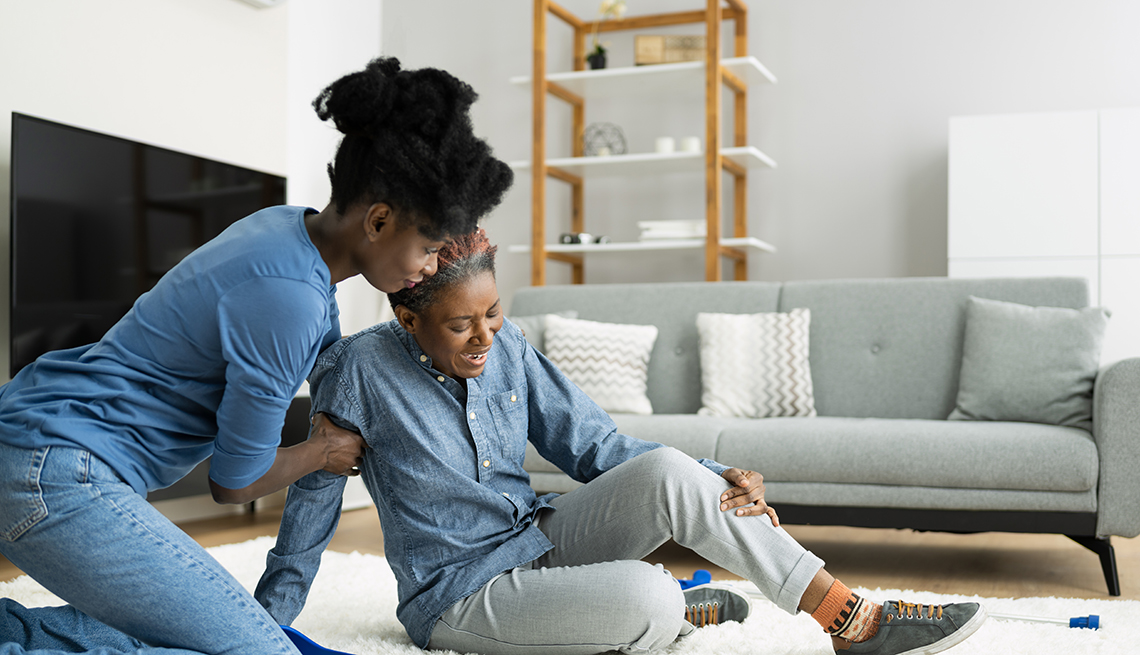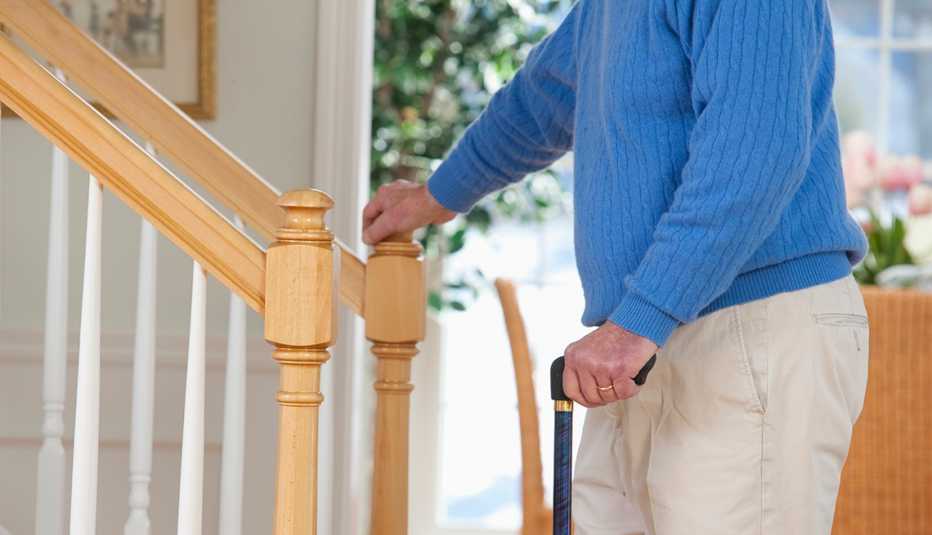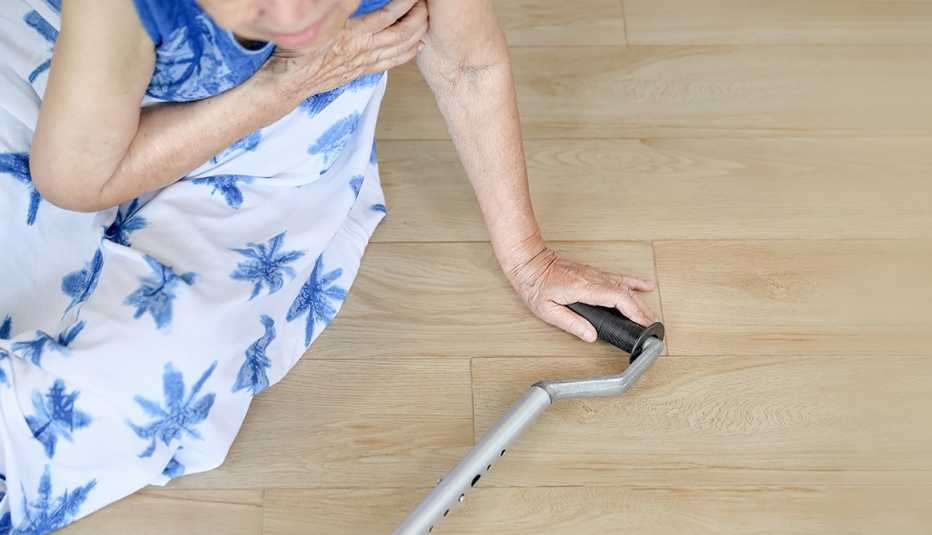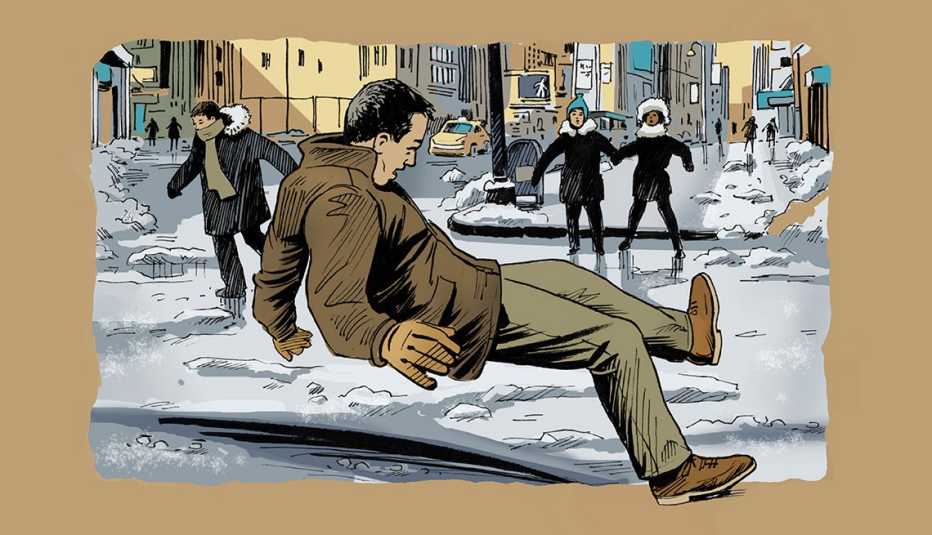Staying Fit
Older adults have borne the brunt of the coronavirus’ wrath, with rates of hospitalizations and deaths far higher than those of any other age group. And new research shows the pandemic has likely dealt another blow to 50-plus Americans by increasing their risk of falling.
A number of factors can lead to falls, especially as we age. Taking certain medications increases fall risk; so does worsening vision or a vitamin D deficiency. But a major threat is physical inactivity, and since the start of the pandemic, many older adults have been moving less.


AARP Membership— $12 for your first year when you sign up for Automatic Renewal
Get instant access to members-only products and hundreds of discounts, a free second membership, and a subscription to AARP the Magazine.
In fact, more than one-third of people between the ages of 50 and 80 reported a decline in physical activity during the first 10 months of the pandemic, according to a report from the University of Michigan National Poll on Healthy Aging, which is conducted in partnership with AARP. And 35 percent of respondents spent less time on their feet during a typical day. All totaled, more than a quarter of surveyed adults say they're in worse shape now than before COVID struck.
The pandemic has affected “the things that you wouldn't think about” when it comes to staying active, says Geoffrey Hoffman, an assistant professor at the University of Michigan's School of Nursing and an author on the report. “Going to the grocery store, going to the bank, going to visit your grandkids — [avoiding these activities] has put a tremendous dent in the amount of time people spent on their feet daily.”
Routine errands may not sound like much, but they keep the body in motion, says Jennifer Brinckerhoff, M.D., a geriatric specialist with Hebrew SeniorLife and an instructor at Harvard Medical School. “What happens if you're not going out, you're not using your muscles as much,” she adds. As the body gets weaker, chances of falling grow stronger.
Add to it closed gyms and delayed routine health care appointments — including physical therapy and rehabilitation — and “it's just been sort of a tsunami, a perfect storm of things to sort of accelerate all of those risks” for falling, Hoffman says.



































































